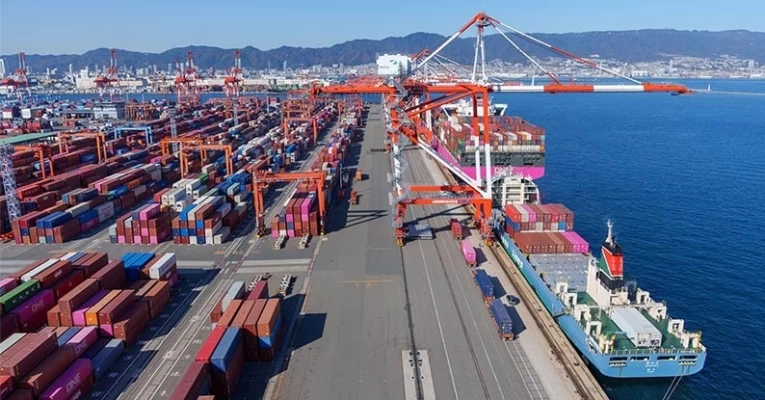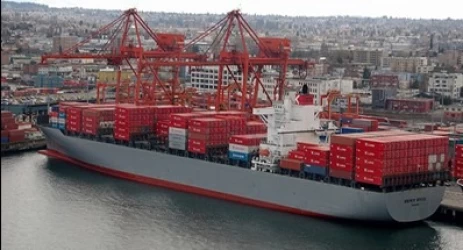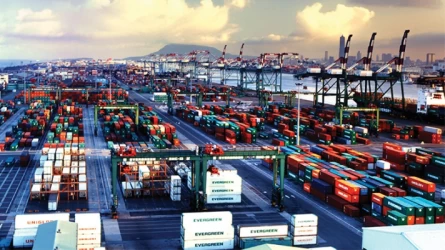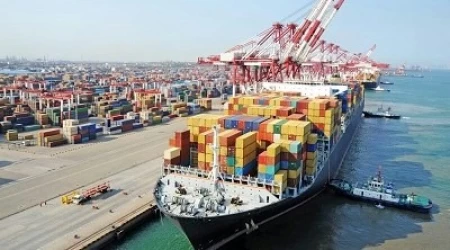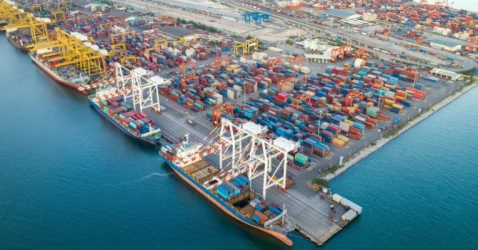Sea Freight in the Port of Kobe
The Port of Kobe, located in the Hyogo Prefecture of Japan, is one of the country’s most significant maritime gateways. Historically, it was Japan’s most important seaport until the Great Hanshin earthquake in 1995. Today, it remains a vital hub for international trade, connecting over 500 ports worldwide.
Historical Significance
The Port of Kobe has a rich history dating back to its opening in 1868. It quickly became a central point for international trade, especially with Western countries. The port’s strategic location and deep-water capabilities made it an ideal choice for large vessels, contributing to its rapid growth and development.
Modern Infrastructure and Facilities
The Port of Kobe boasts state-of-the-art infrastructure designed to handle a wide variety of cargo types. It includes multiple terminals equipped with advanced loading and unloading facilities, ensuring efficient and swift operations. The port is capable of accommodating large container ships, bulk carriers, and specialized vessels such as car carriers and tankers.
Container Throughput
In recent years, the Port of Kobe has seen significant growth in container throughput. In 2021, the port processed 2,143,085 TEUs (Twenty-foot Equivalent Units) of international shipments, marking a 5% increase from the previous year. This growth was driven by a 6% rise in exports and a 4% increase in imports. The port’s ability to handle such volumes underscores its importance in global trade networks.
Key Trade Routes and Partners
The Port of Kobe serves as a critical link between Japan and the rest of the world. It has established trade routes with major global ports, including those in the United States, China, and Europe. The port’s strategic location allows it to facilitate the efficient movement of goods, making it a preferred choice for many international shipping companies.
Economic Impact
The economic impact of the Port of Kobe extends beyond its immediate vicinity. It plays a crucial role in Japan’s economy by supporting various industries, including manufacturing, automotive, and electronics. The port’s operations generate significant employment opportunities and contribute to the economic vitality of the Hyogo Prefecture and the broader Kansai region.
Environmental Initiatives
In response to growing environmental concerns, the Port of Kobe has implemented several green initiatives. These include the adoption of cleaner technologies, such as electric cranes and low-emission vehicles, to reduce the port’s carbon footprint. Additionally, the port has invested in renewable energy sources and waste management systems to promote sustainability.
Sea Freight Between the Port of Kobe and Iran
Sea freight between the Port of Kobe and Iran plays a crucial role in facilitating trade between Japan and the Middle East. The Port of Kobe, with its advanced infrastructure and strategic location, serves as a key departure point for various goods, including machinery, electronics, and automotive parts, destined for Iranian ports such as Bandar Abbas. Conversely, Iran exports products like petrochemicals, carpets, and agricultural goods to Japan. This maritime route not only strengthens economic ties between the two nations but also ensures the efficient and timely delivery of goods, contributing to the global supply chain.
Future Prospects
Looking ahead, the Port of Kobe is poised for further growth and development. Plans are underway to expand its facilities and enhance its capabilities to accommodate larger vessels and increased cargo volumes. The port is also exploring innovative technologies, such as automation and digitalization, to improve operational efficiency and maintain its competitive edge in the global shipping industry.
Conclusion
The Port of Kobe remains a cornerstone of Japan’s maritime infrastructure. Its rich history, modern facilities, and strategic importance make it a vital hub for sea freight. As it continues to evolve and adapt to changing market dynamics, the port is well-positioned to play a pivotal role in global trade for years to come.
if you have a specific question or need more details about Kobe Port, Iran's logistics experts are your answer!

